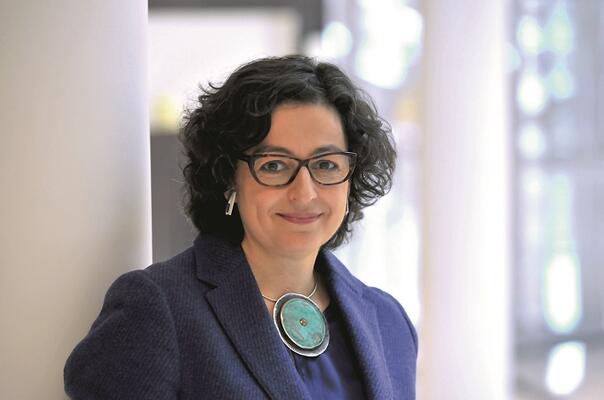
Making 2016 a year of action
2015 was a watershed year for global decision-making that confirmed multilateralism as a critical and viable route to addressing inclusive growth and development concerns. Though the global economy failed to rebound to levels initially forecast, major economic crises were avoided and focus continued to be on developing global frameworks to confront poverty and better use trade as a lever to boost growth and job creation.
The successful outcomes of the United Nations summit in September, where world leaders agreed on the 2030 Agenda for Sustainable Development, the subsequent deal in Paris on steps to curb climate change and the agreement reached in Nairobi at the World Trade Organization’s Ministerial Conference in December showed that countries – with the support of businesses and civil society – could work in partnership to reach important end goals. But 2015 was also a year of unprecedented geo-political turmoil with conflicts in many parts of the world reminding us that more has to be done to protect the most vulnerable in society and to ensure resilient economies.
Resilience and sustainability are at the heart of the work at the International Trade Centre (ITC), which continues to expand its reach and impact to ensure that trade continues to be an effective and sustainable vehicle out of poverty. We will continue to build upon initiatives launched in 2015, such as SheTrades, part of a global campaign to connect 1 million women entrepreneurs to markets by 2020. And we will expand the Blue Number initiative, a repository and professional network for small and medium-sized enterprises (SMEs) that enables buyers – and eventually customers – to track produce all the way back to the farm.
What these initiatives – along with other ITC programmes – have in common is their innovative use of data. While technology now allows for data collection and analysis on a previously unimaginable scale, the gathering and dissemination of information has been at the heart of ITC’s operations long before the term ‘big data’ was coined. Hundreds of thousands of companies, government organizations and individuals in developing countries take advantage of free access to ITC’s databases each year.
These sources provide critical information such as import and export data, tariff regulations and information on standards. Such data allow governments to decide on which sectors to prioritize and companies can use the data to analyse markets and tap into new export destinations, for example by better understanding the standards with which their products must comply.
To eradicate extreme poverty by 2030 we have to make sure that the Third Billion – women – are economically empowered. We have to ensure that developing countries can participate in sustainable trade and that we provide the tools needed to make trade happen. And we have to continue to build on the partnership between policymakers and business – especially SMEs.
Only by doing so can we provide a sustainable future in which no one is left behind. 2016 must be a year of action that builds on the momentum generated in 2015.



